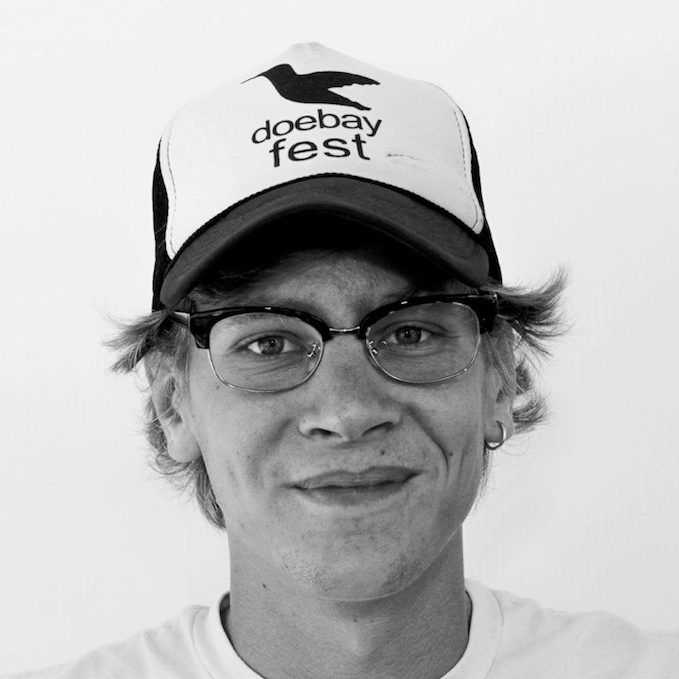Richard Beamish, a scientist recently retired from Canada's Department of Fisheries and Oceans, is planning an expedition across the Gulf of Alaska to better understand changes in salmon stocks.
Beamish, who is being financially supported by fish farm operators, said that scientists do not fully comprehend the rising and falling of wild salmon stocks. Beamish said the contract for the expedition had not yet been signed but that funding for his proposal had been recently secured. Beamish declined to specifically name which salmon farmers were backing the project.
“We still don’t know the mechanisms that allow us to accurately forecast salmon,” Beamish said during an aquaculture industry conference in Campbell River, British Columbia, Canada.
Beamish proposes a group of scientist trawl for salmon in the Gulf of Alaska and take and use DNA samples to determine the salmon’s origin, allowing them to estimate their abundance in the region.
“No one has ever done this in the Gulf of Alaska, where the bulk of our salmon are in the winter,” he said.
Because the study would involve a huge area of ocean which is vital to British Columbia salmon stocks, the project has the support of the Canadian government as well as other governments. Beamish indicated that a teams of scientists from nations including South Korea, Japan, Russia, The United States, and Canada would be involved. A Russian vessel would be used for the survey, at a cost of USD 900,000, (EUR 785,719) he said.
This method has been used by Russian scientists over the past two decades off the east coast of Russia.
If Beamish’s study is carried out, the data would be kept by the University of British Columbia, where it would be made publicly available.






